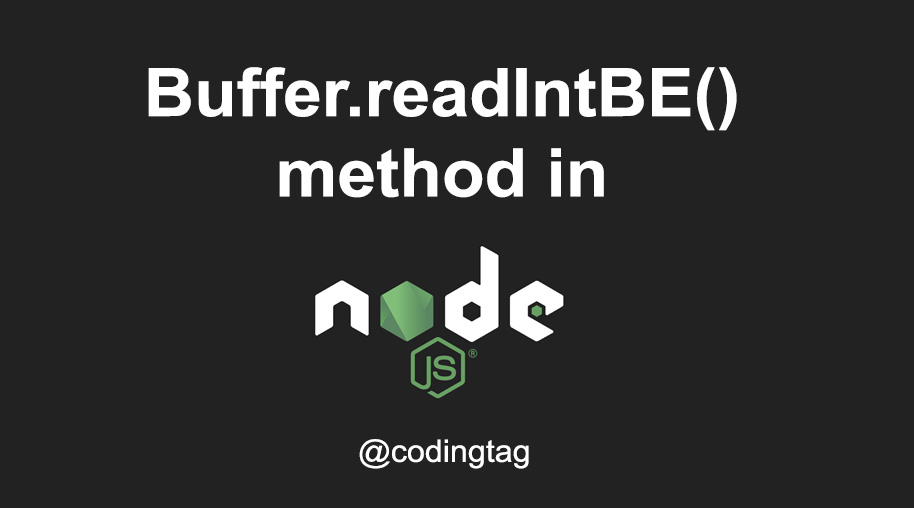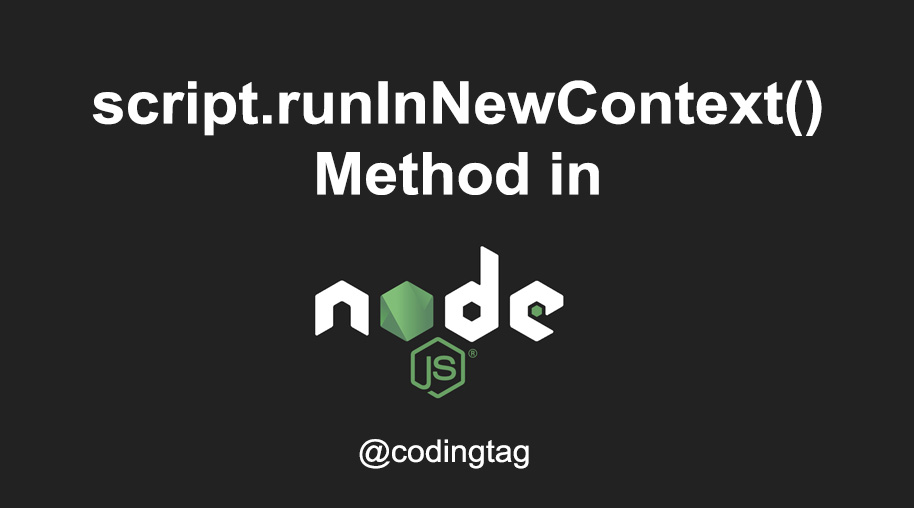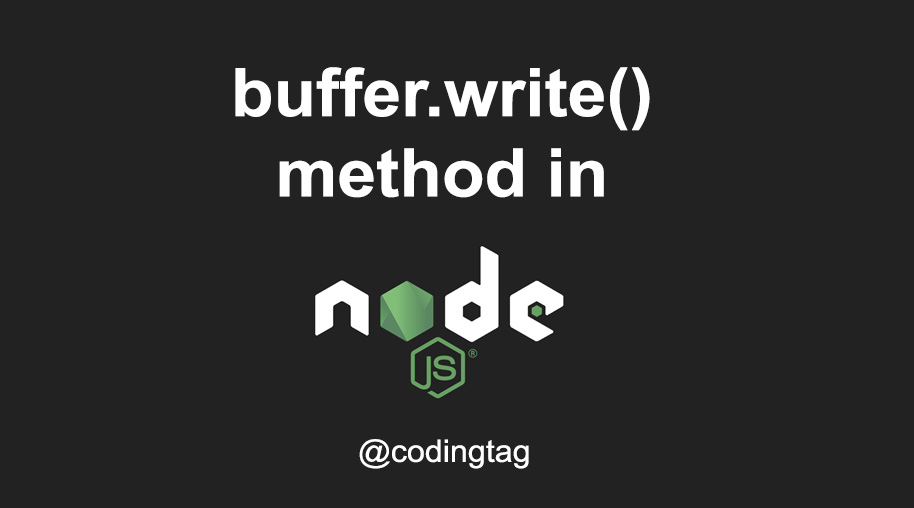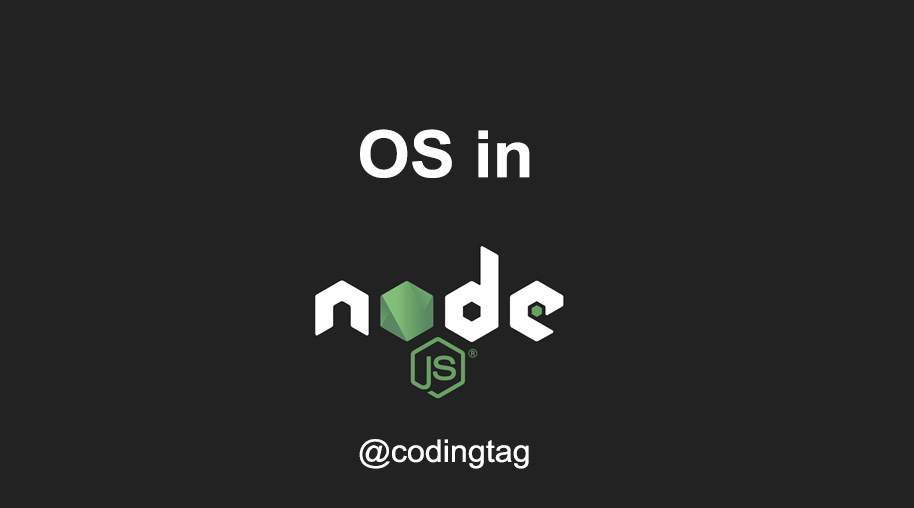zlib.createGunzip() Method in Node.js
0 1401
Introduction to zlib.createGunzip() in Node.js
Node.js offers powerful built-in modules to handle data compression and decompression. One such module iszlib, which supports gzip compression. The zlib.createGunzip() method is a handy function that allows you to decompress data that was compressed with gzip. This method creates a stream that can read and output uncompressed data efficiently.
What is zlib.createGunzip()?
Thezlib.createGunzip() method returns a Gunzip object, which is a stream designed to decompress gzip-compressed data. It is especially useful when working with files or network data compressed in gzip format, allowing you to read and process the original uncompressed data without loading the entire file into memory.
How Does It Work?
When you callzlib.createGunzip(), it returns a transform stream. This stream takes in gzip-compressed input, decompresses it on the fly, and outputs the raw uncompressed data. It works seamlessly with other Node.js streams, so you can pipe data from a file, HTTP response, or buffer, decompress it, and process it in a memory-efficient way.
Basic Usage Example
Here’s a simple example demonstrating how to usezlib.createGunzip() to decompress a gzip file:
const zlib = require('zlib');
const fs = require('fs');
// Create read stream from compressed file
const compressedStream = fs.createReadStream('input.txt.gz');
// Create write stream for decompressed output
const outputStream = fs.createWriteStream('output.txt');
// Create gunzip stream
const gunzip = zlib.createGunzip();
// Pipe the compressed stream through gunzip to output stream
compressedStream.pipe(gunzip).pipe(outputStream);
outputStream.on('finish', () => {
console.log('File decompressed successfully.');
});
Use Cases
- Decompressing files downloaded from the web or stored locally in gzip format.
- Handling HTTP responses that are gzip-compressed to reduce bandwidth.
- Working with data streams in real-time applications where memory efficiency matters.
Handling Errors
It’s important to handle errors while working with streams. Thegunzip stream may emit errors if the input data is corrupted or not in gzip format. You can listen for the error event to handle such cases gracefully.
gunzip.on('error', (err) => {
console.error('An error occurred during decompression:', err);
});
Summary
Thezlib.createGunzip() method in Node.js is a simple and efficient way to decompress gzip-compressed data using streams. It integrates smoothly with Node.js’s streaming API, enabling memory-friendly data processing. Whether you’re working with compressed files or network data, this method is essential for handling gzip decompression.If you’re passionate about building a successful blogging website, check out this helpful guide at Coding Tag – How to Start a Successful Blog. It offers practical steps and expert tips to kickstart your blogging journey!
For dedicated UPSC exam preparation, we highly recommend visiting www.iasmania.com. It offers well-structured resources, current affairs, and subject-wise notes tailored specifically for aspirants. Start your journey today!

Share:







Comments
Waiting for your comments